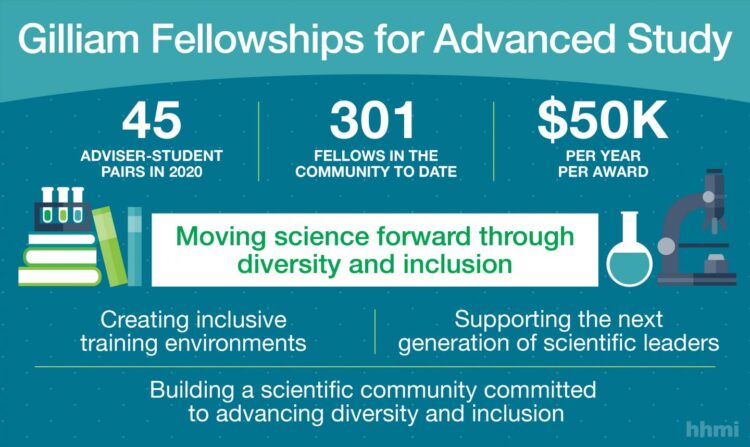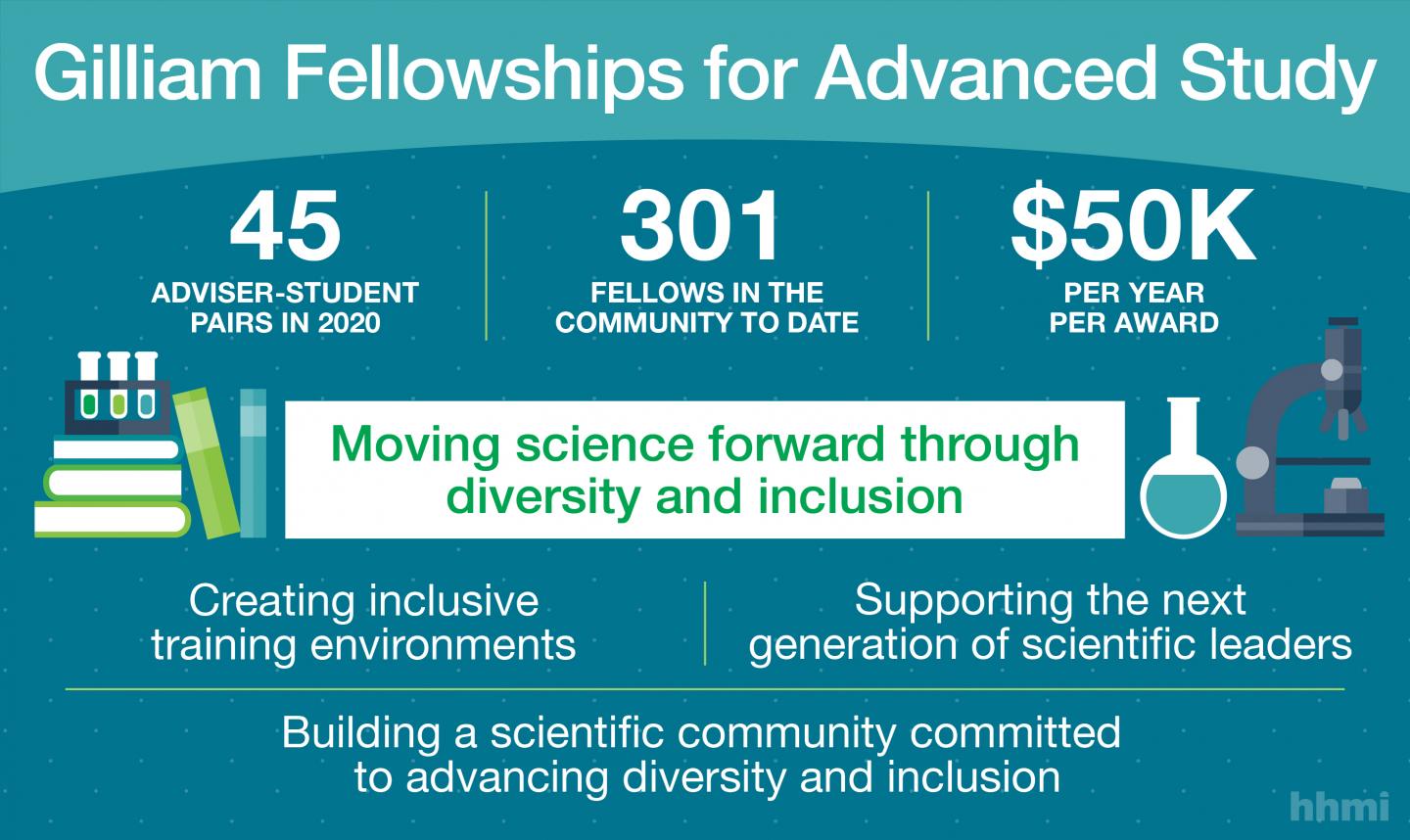
Credit: HHMI
Over the last 16 years, a growing community of doctoral students and their advisers has knit together, bound by a shared passion for science. They’re working on cutting-edge projects – such as studies of the gut microbiome, epigenetic mechanisms, and anti-cancer immunotherapeutics – and they’re trying to change the culture of science along the way.
Now, another 45 adviser-student pairs will become part of this community as awardees of the Howard Hughes Medical Institute’s 2020 Gilliam Fellowships for Advanced Study. The addition of this new group brings the total number of Gilliam Fellows to 301.
“These fellows are amazing scientists,” says Sonia Zárate, an HHMI program officer. “They are doing incredible work in their fields, and their advisers and institutions are notable in their commitment to creating inclusive scientific spaces.”
HHMI created the Gilliam program in 2004 in honor of the late James H. Gilliam, Jr., a charter trustee of HHMI who spent his life nurturing excellence and diversity in science and education. The Gilliam program seeks to increase the diversity of scientists at the college and university faculty level by supporting students who will become scientific leaders, says David Asai, HHMI’s senior director for science education.
For up to three years, each adviser-student pair will receive an annual award totaling $50,000. Advisers will participate in a year of mentor training, where they’ll learn about cultural identities and how to listen and engage across cultures. And fellows will be invited to attend the annual Gilliam meeting and scientific meetings at HHMI headquarters.
Asai and Zárate hope that supporting these fellows, as well as training their mentors, will foster an environment where students from racial, ethnic, or other groups underrepresented in the sciences can thrive. “These students are a force,” Asai says. “There’s real power in this community.”
HHMI spoke with Asai and Zárate to learn more about the Gilliam community, the culture of science, and what the Gilliam program has planned for the near future.
Meet the 2020 Gilliam Fellows
Q&A
What is the Gilliam program trying to accomplish?
Asai: On one level, the Gilliam program is simply trying to identify some outstanding graduate students and support and encourage them. On another level, we are working with the students’ advisers to help them build a better culture.
Zárate: This is not a traditional program where we award a fellowship to a student. We award adviser-student pairs. These advisers are committed to their students and committed to creating a healthy academic ecosystem.
What do you mean by “academic ecosystem”?
Asai: It includes the students, the work they’re doing, the faculty, the dynamics in the lab and in the department. It includes expectations, and the attitude toward how students fit in – it’s the whole training environment and culture in which students find themselves.
Zárate: We know that this culture can be unhealthy. It can be so hypercompetitive that it is toxic. It doesn’t take into account that scientists have lives outside of the lab. It doesn’t take into account that we’re humans with complex identities, which can include being a parent, having to care for others, or having to work while in school. We have normalized and take great pride in saying, “I’ve been working for 12 hours straight.” But this isn’t healthy for anyone, and it’s not good for science.
A healthy academic ecosystem recognizes and values the complexity of each one of these scientists. Science can benefit from this. Bringing all that complexity to the scientific realm means we’d be more innovative, more creative, and more collaborative in the work that we do.
How can the Gilliam program help with this?
Zárate: One thing we do is 30 hours of mentorship skills development with the fellows’ advisers. The training encourages advisers to reflect on their own cultural identities and experiences and gain confidence engaging with mentees outside of research.
We’re hoping this helps advisers create a healthy environment for grad students – one where they feel comfortable admitting that their personal priorities are just as important as their academic and professional priorities.
Asai: We need to be paying more attention to how a student feels when she’s in the lab. Does she feel like she belongs there? Are there clear rules about behavior? What do you do when there is conflict? Mental and emotional health are important aspects of this.
How does the Gilliam program plan to support mental health?
Zárate: With the coronavirus pandemic, and the pandemic of racism in this country – this past year has been a lot. Students have reached their breaking point and have issued a call to action. It’s really on us to fix the environment so they can focus their energy on doing the science they love. One way we are doing this is through the programming planned for our virtual annual meeting in September. We’ll focus on promoting well-being and removing the stigma around mental health.
What does a successful program look like to you?
Asai: I think the value we add is this community of students. At any one time, there are about 120 to 130 fellows being funded through this program. They’re coming together, supporting each other – they’re part of a thriving, amazing network of scientists that know how to connect with one another.
Zárate: One of the nice things about this community is that they’re able to engage in challenging conversations about race and systemic oppression in science. This is what we’re trying to grow and create everywhere – this ability to have dialogues across groups.
Asai: We hope to have a positive effect on the students’ advisers, too. They’re exposed to cultural awareness in mentoring and the value of being a good mentor. Advisers mentor many students throughout their careers; over time, this training can have an impact.
I hope that an initiative like the Gilliam program serves as a model for other universities and funders, because then, that combined effort could have a much larger effect on the academic ecosystem.
This interview has been edited for length and clarity.
###
2020 Gilliam Fellows and Advisers
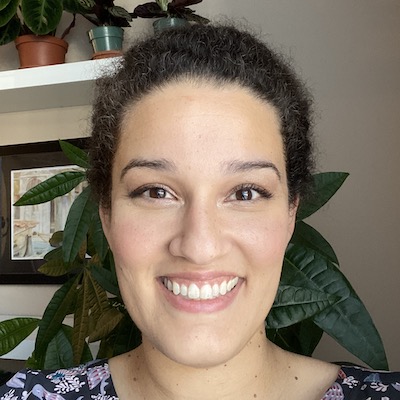
Jessica Aguilar
University of California, Berkeley
Thesis Adviser: Noah Whiteman
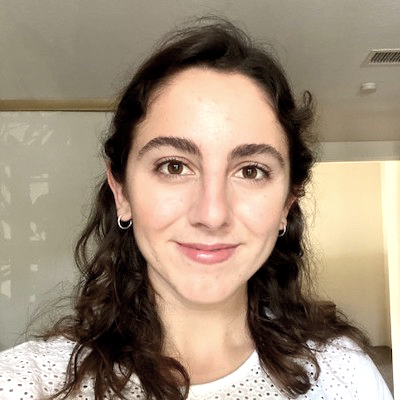
Aurora Alvarez-Buylla
Stanford University
Thesis Adviser: Lauren O’Connell
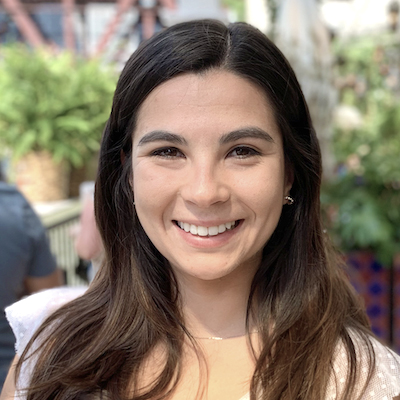
Katherine Aracena
The University of Chicago
Thesis Adviser: Luis Barreiro
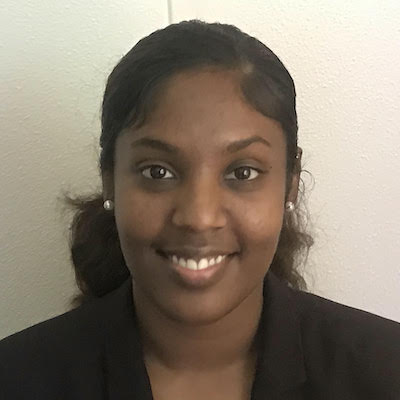
Marissa Baccas
Cornell University
Thesis Adviser: Kelly Liu
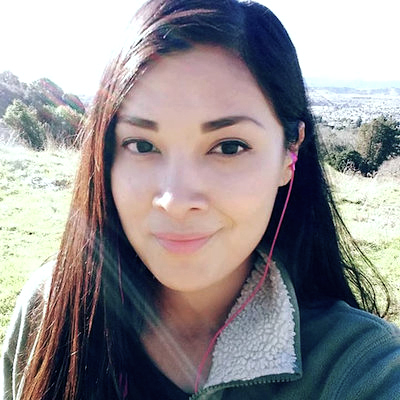
Erika Bueno
University of Vermont
Thesis Adviser: Yolanda Chen
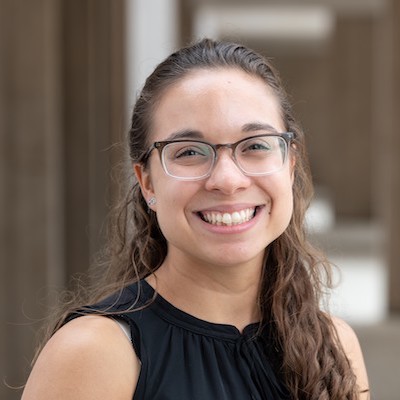
Jillybeth Burgado
Salk Institute for Biological Studies
Thesis Adviser: Nicola Allen
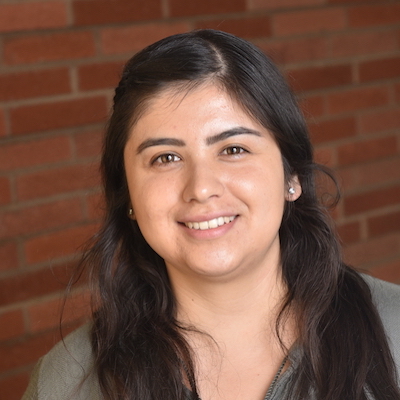
Clara Cano
University of California, Los Angeles
Thesis Adviser: Kathrin Plath
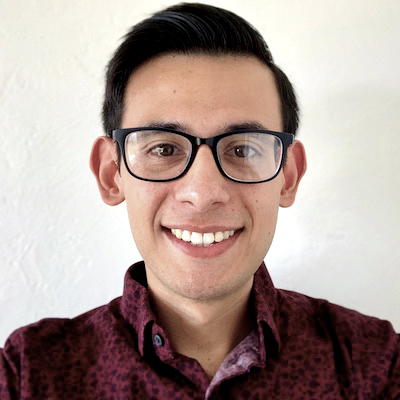
Daniel Cardozo Pinto
Stanford University School of Medicine
Thesis Adviser: Robert Malenka
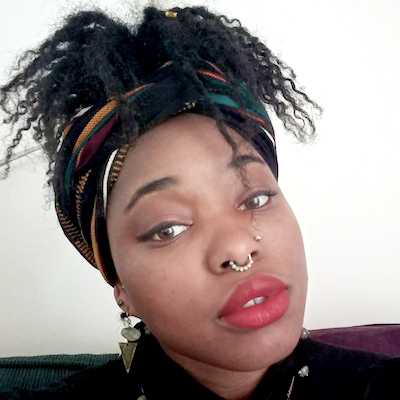
Nicole Claiborne
University of California, Davis
Thesis Adviser: Karen Zito
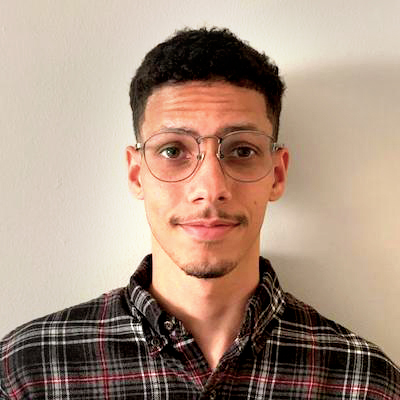
Alvin Crespo-Bellido
Rutgers University, Graduate School of Biomedical Sciences
Thesis Adviser: Siobain Duffy
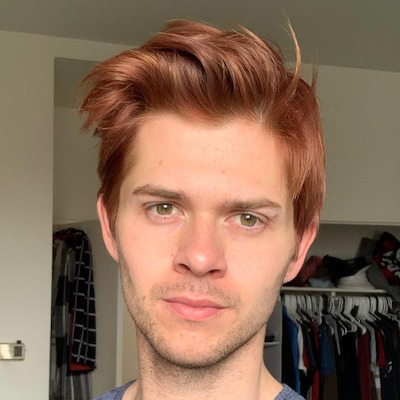
Ryan Daniels
Hospital of the University of Pennsylvania
Thesis Adviser: Robert Mauck
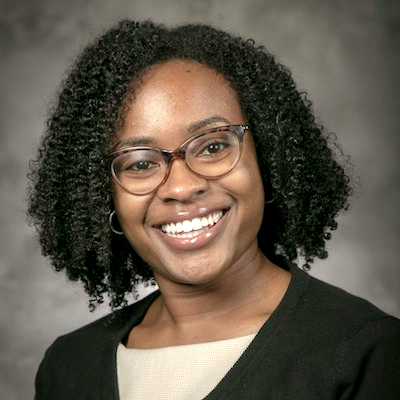
Briana Davis
Duke University School of Medicine
Thesis Adviser: John Rawls
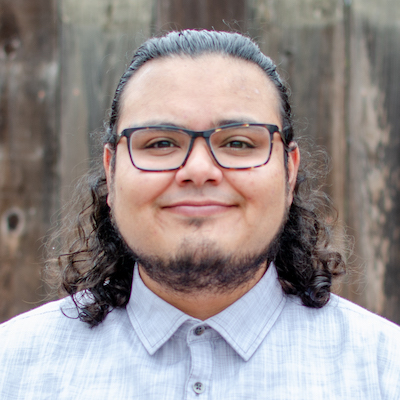
Ulises Diaz
University of California, San Francisco
Thesis Adviser: Wallace Marshall
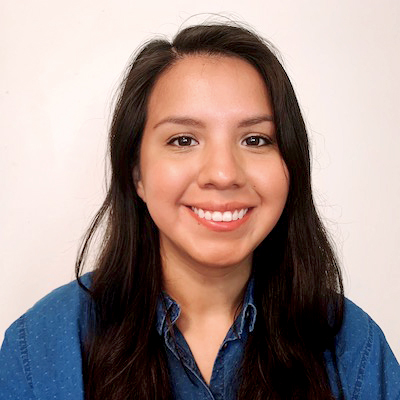
Nadia Fernandez
University of Massachusetts Amherst
Thesis Adviser: Lisa Komoroske
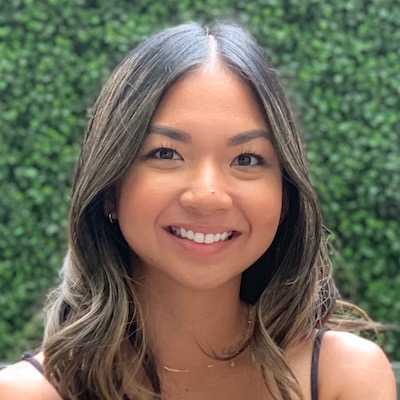
Nina Marie Garcia
Duke University
Thesis Adviser: James Alvarez
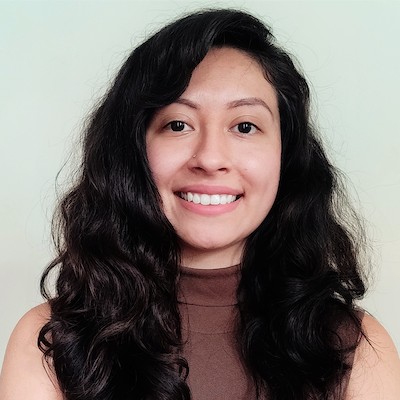
Andrea Guerrero
Brandeis University
Thesis Adviser: Gina Turrigiano
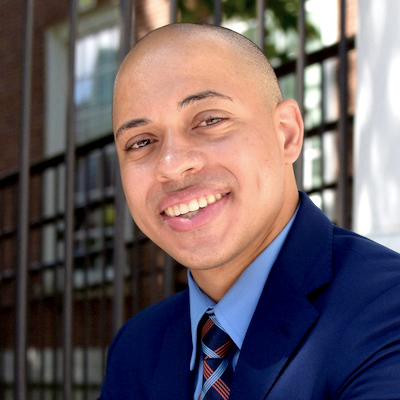
Franklyn Hall
The Johns Hopkins University
Thesis Adviser: Sharon Gerecht
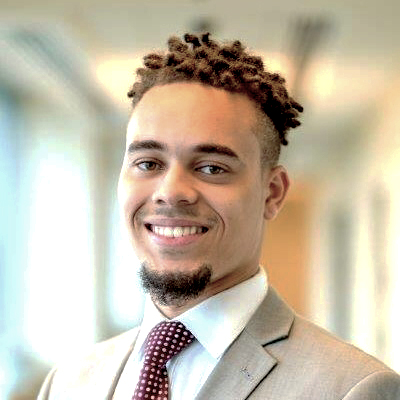
Michael Hopkins
The Johns Hopkins University School of Medicine
Thesis Adviser: Seth Margolis
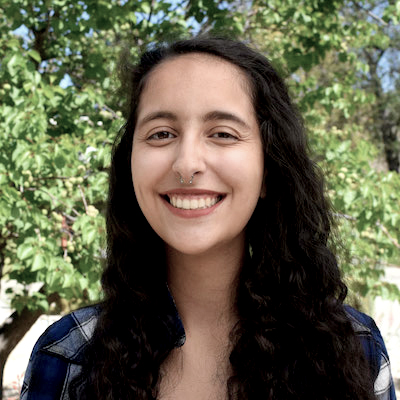
Lillian Horin
Harvard Medical School
Thesis Adviser: Timothy Mitchison
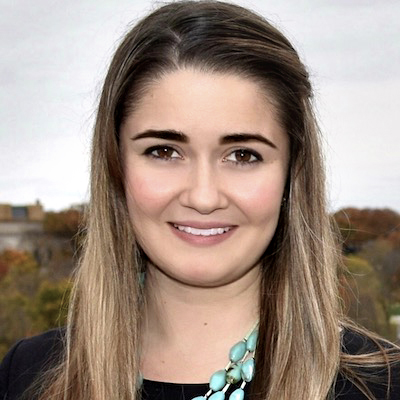
Pamela Johnson
University of Kansas
Thesis Adviser: Jennifer Robinson
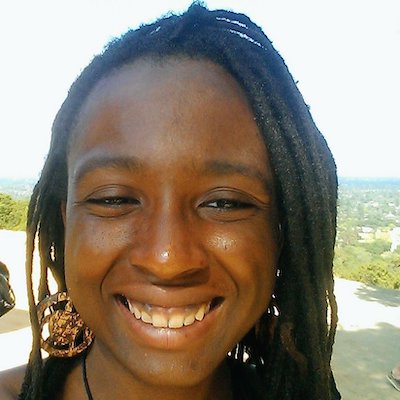
Ilenna Jones
University of Pennsylvania
Thesis Adviser: Konrad Kording
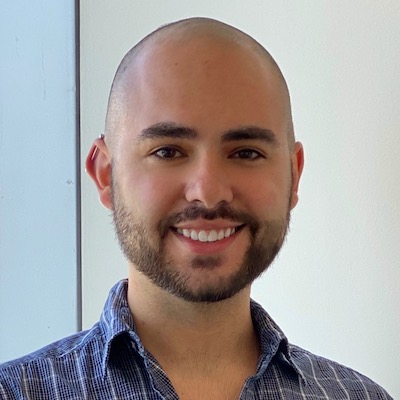
Kody Mansfield
New York University School of Medicine
Thesis Adviser: Shruti Naik
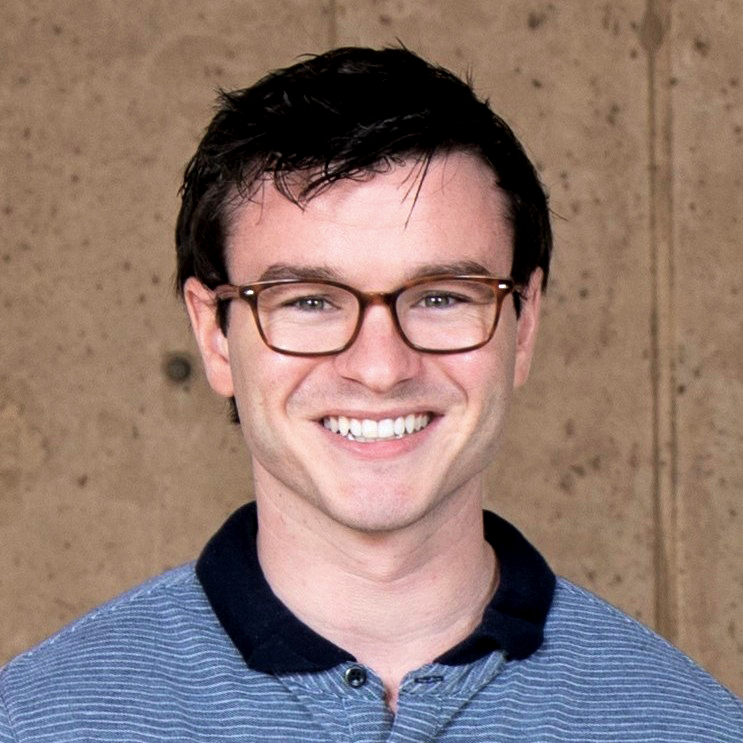
Matthew Maxwell
Salk Institute for Biological Studies
Thesis Adviser: Diana Hargreaves
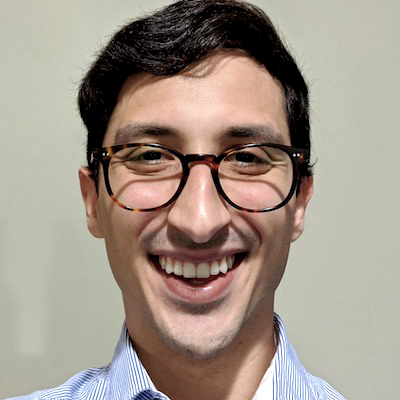
Hernán Méndez
The University of North Carolina at Chapel Hill School of Medicine
Thesis Adviser: Kathleen Caron
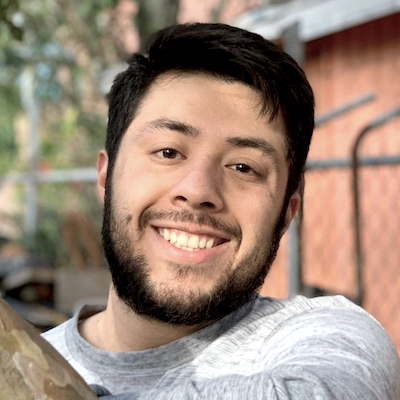
Jorge Moreno
Princeton University
Thesis Adviser: Ricardo Mallarino
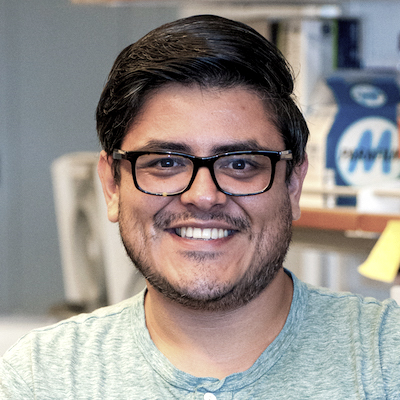
Thomas Mota
Cedars-Sinai Medical Center
Thesis Adviser: Robert Baloh
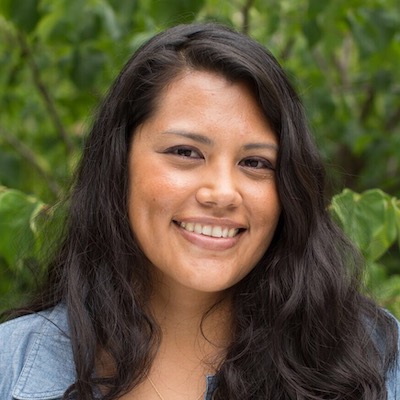
Priscila Muñoz-Sandoval
University of California, San Francisco
Thesis Adviser: K. Mark Ansel
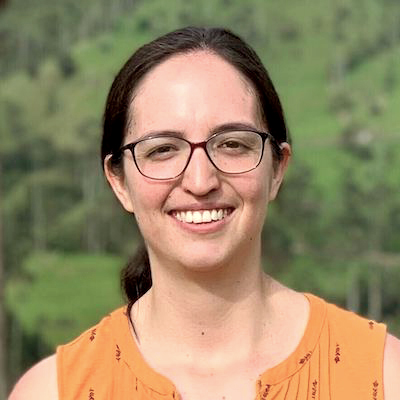
Sofia Neira
The University of North Carolina at Chapel Hill School of Medicine
Thesis Adviser: Thomas Kash
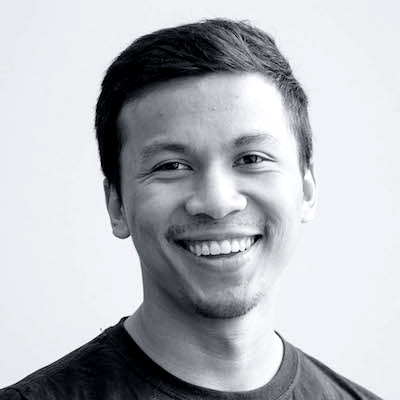
Nghia Nguyen
Beth Israel Deaconess Medical Center
Thesis Adviser: Mark Andermann
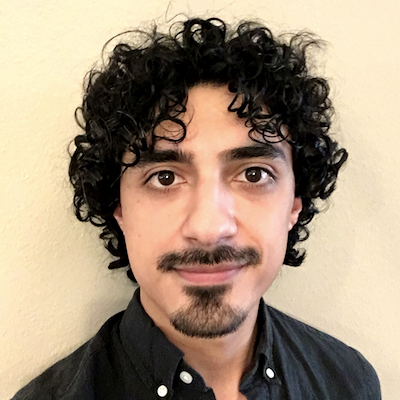
Jacob Ortega
University of Texas MD Anderson Cancer Center
Thesis Adviser: Swathi Arur
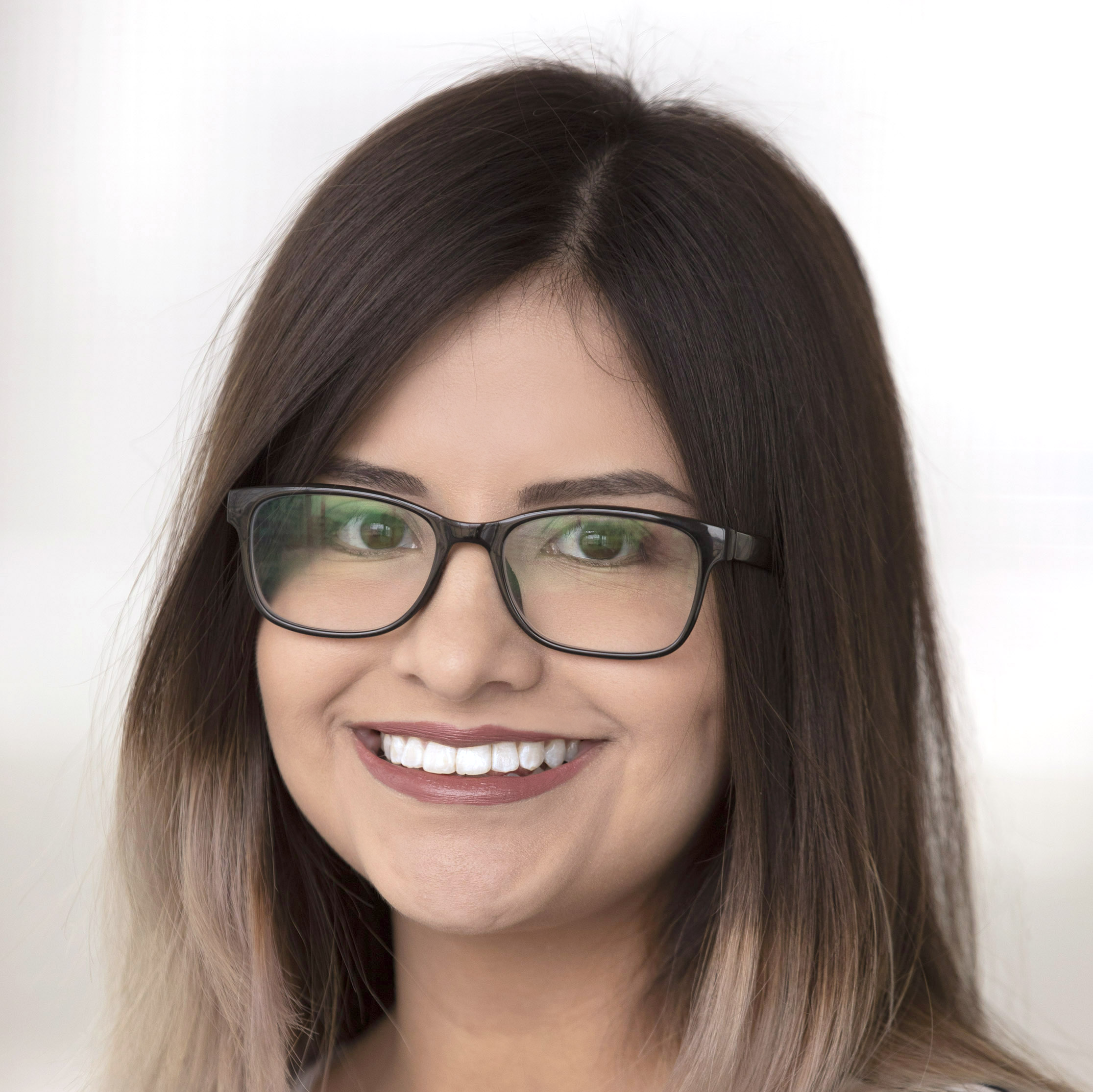
Ana Ortiz
The University of Texas Southwestern Medical Center
Thesis Adviser: Genevieve Konopka
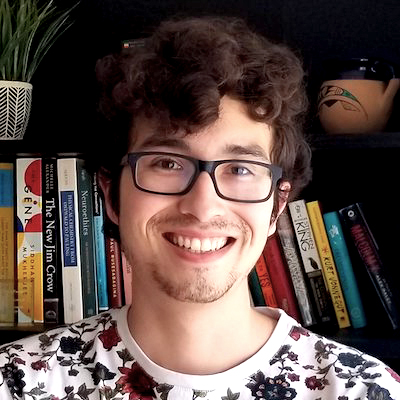
Miguel Pacheco
The Johns Hopkins University School of Medicine
Thesis Adviser: Rachel Green
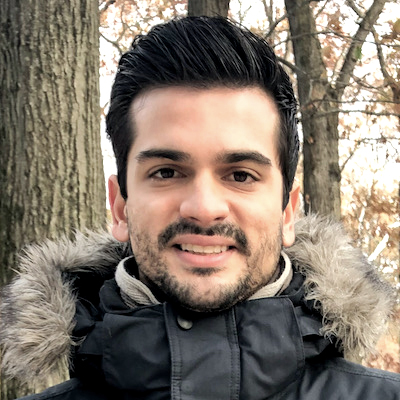
Thibaut Pardo-Garcia
University of Michigan
Thesis Adviser: Monica Dus
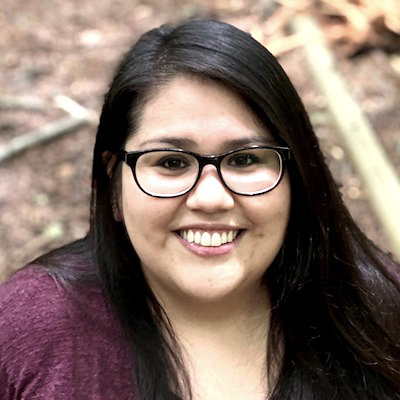
Jacqueline Peña
University of Georgia
Thesis Adviser: Douda Bensasson
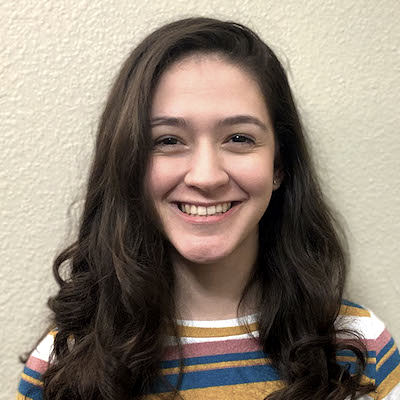
Gabriella Perez
Baylor College of Medicine
Thesis Adviser: Joanna Jankowsky
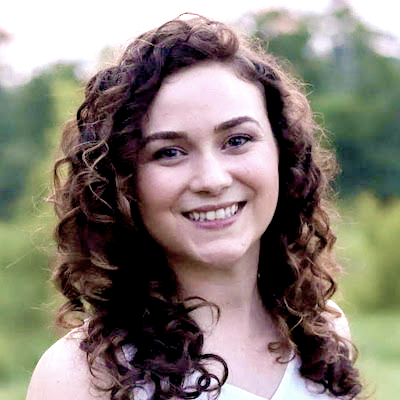
Gabriella Robertson
Vanderbilt University
Thesis Adviser: Vivian Gama
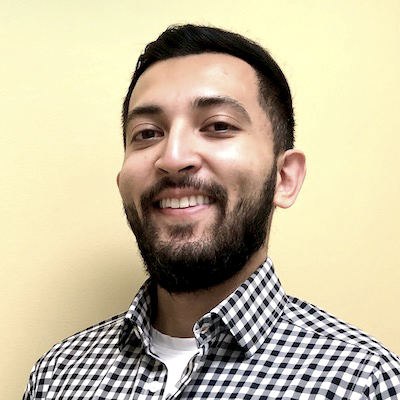
Martin Rodriguez
Wake Forest School of Medicine of Wake Forest Baptist Medical Center
Thesis Adviser: Graça Almeida-Porada
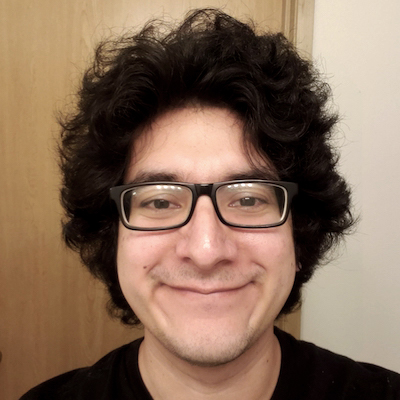
German Rojas
Fred Hutchinson Cancer Research Center
Thesis Adviser: Aakanksha Singhvi
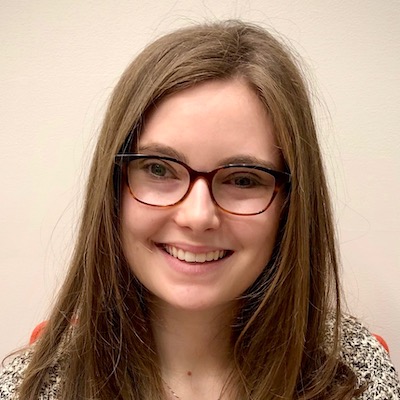
Jessica Schwarz
Hospital of the University of Pennsylvania
Thesis Adviser: Amita Sehgal
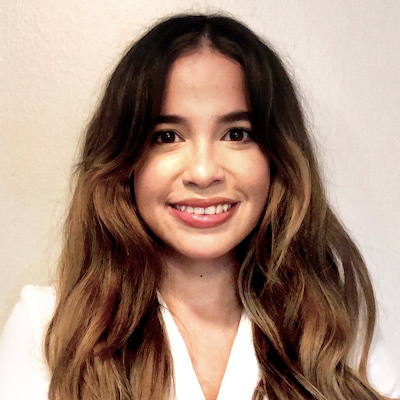
Candilianne Serrano-Zayas
University of Michigan Medical School
Thesis Adviser: Manoj Puthenveedu
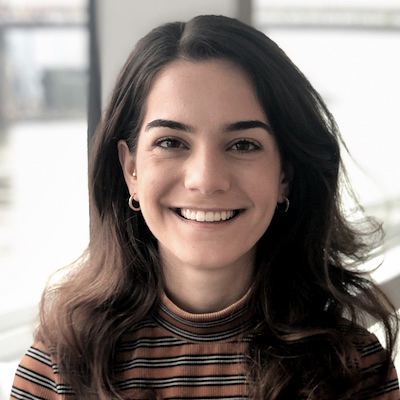
Mariluz Soula
The Rockefeller University
Thesis Adviser: Kivanc Birsoy
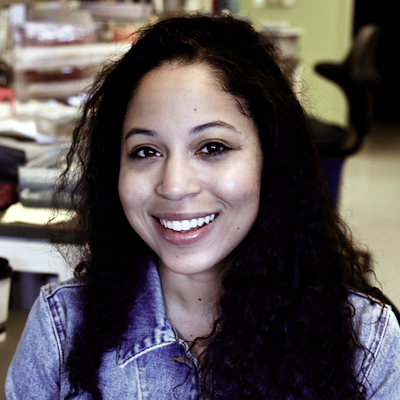
Alana Van Dervort
Harvard University
Thesis Adviser: Douglas Melton
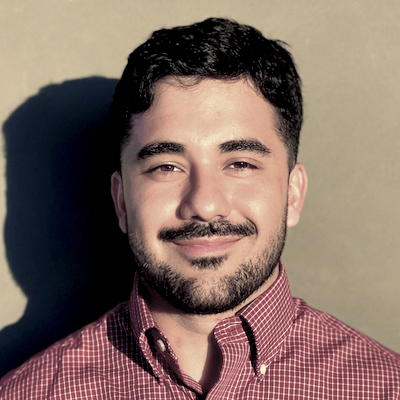
Carlos Vasquez
University of California, San Diego
Thesis Adviser: Alexis Komor
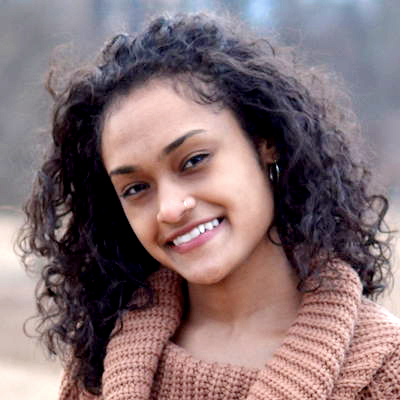
Sheena Vasquez
Massachusetts Institute of Technology
Thesis Adviser: Catherine Drennan
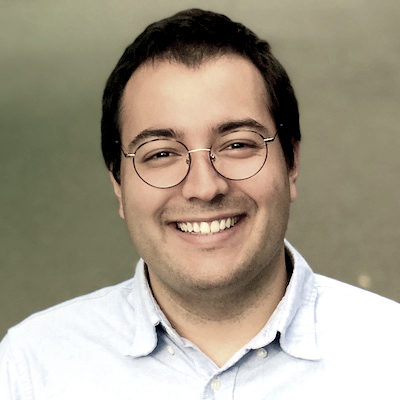
Santiago Yori Restrepo
University of California, Berkeley
Thesis Adviser: Andreas Martin
Media Contact
Meghan Rosen
[email protected]
Original Source
https:/


